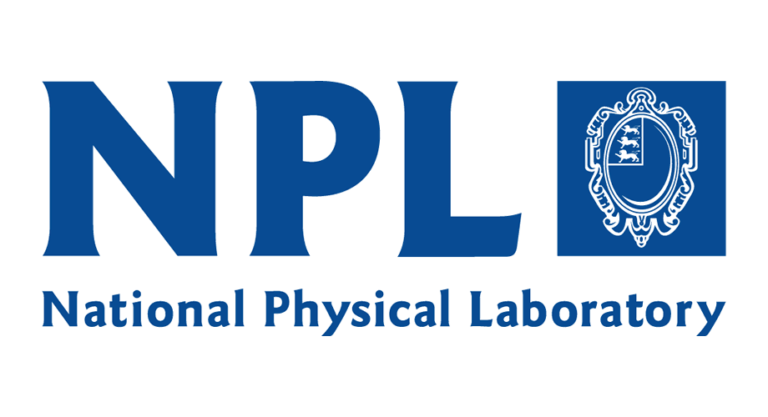Jack Marston
2018/2019
EDF Energy
University of Strathclyde
Photonic sensing within civil nuclear infrastructure for lifetime extension and long-term structural health monitoring of de-commissioned plant
The existing fleet of nuclear power plants (NPPs) in the UK have been granted life extensions into the 2020s and 2030s. Lifetime extension is associated with an increased need for monitoring to ensure safe operation. To achieve this, while keeping the cost of investment in new instrumentation infrastructure down, innovative and robust sensor solutions and ways to analyse measurement data automatically are required. Following de-commissioning and partial de-construction of NPPs, it is critical that many monitoring systems remain operational for decades to alert the custodian of the plant of any structural deterioration that may cause further damage or risk to personnel. Photonics and fibre optics hold the promise of high-resolution measurement, multiplexing, robustness, security and longevity. Consequently, this EngD project will address the plethora of engineering issues to develop remote monitoring systems for key civil structures with an NPP. Among other things, the project will develop and demonstrate a combined system for monitoring crack deterioration and CO2 leakage in multiple locations of a pressure vessel housing an Advanced Gas Reactor. The project will assess a number of competing photonic techniques that can be employed for these tasks, including distributed and semi-distributed strain sensors, and various techniques for gas sensing, compatible with a multiplexed system. Interferometric techniques may need to be deployed to measure very small changes in strain or displacement. Methods of sensor integration with plant ensuring long-term stability will be developed while ensuring cost effectiveness. Machine learning and other techniques, e.g., tipping point analysis will be investigated to assist in the detection of structural deterioration. Following laboratory investigations, a demonstration system will be deployed within an operating NPP. The project is expected to push the boundaries of the current state of the art in fibre-optic measurement in the areas of photonic systems integration and automatic data analysis from a distributed photonic sensor network.









